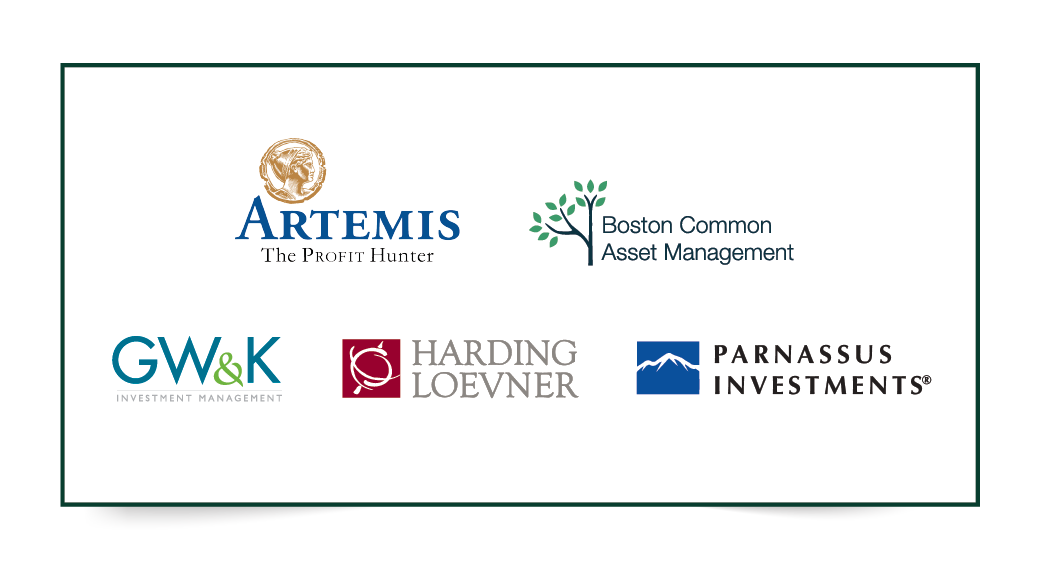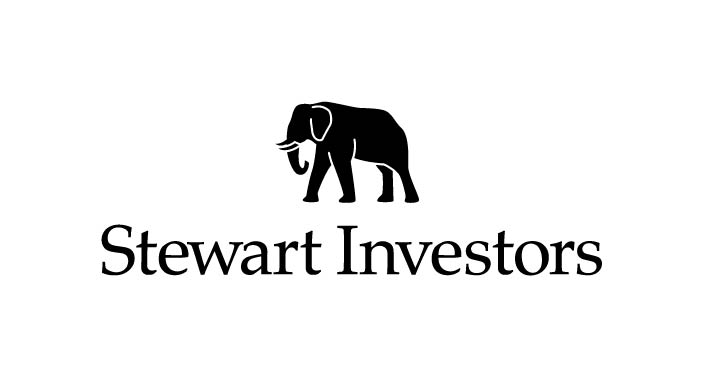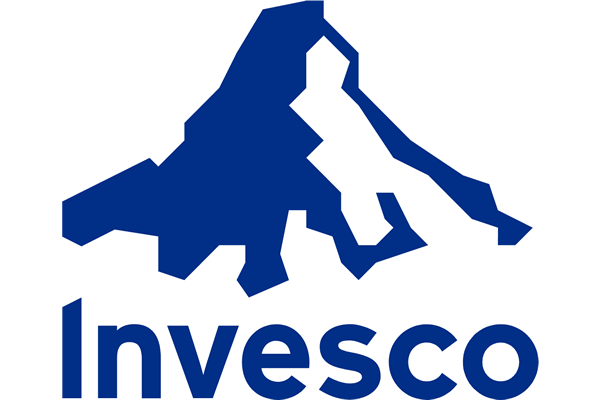
May 2021
ESG NEWS IN COLLABORATION with
Here are the top news, stories, observations and other interesting things that we hear about in the market, with relevance for selection teams and sustainable investing.
#1 NN IP Wins Norwegian Impact Mandate
At the end of April, after a selection process that spanned from the beginning of the year through early March, Norway’s Gjensidige Pensjonsforsikring chose NN Investment Partners (NN IP) for a new listed-impact mandate. The Global Impact Equity strategy invests in high-quality companies that that make a clear contribution to the UN Sustainable Development Goals (SDGs). The strategy focuses on high economic returns, strong balance sheets and high earnings growth, supported by ESG integration and impact measurement.
Gjensidige Pensjonsforsikring found its new match following a request for proposals (RFP) launched via Global Fund Search (GFS), a platform that brings asset owners and asset managers together. “The initiative for a global impact strategy came when Gjensidige Pensjonsforsikring wanted to create new pension profiles with a clearer ESG focus,” Gjensidige Pensjonsforsikring’s Senior Investment Analyst Karoline Nakken explains.
Read the full article here (source: NordSIP)
#2 Danske Bank adds Fidelity Water & Waste Strategy
Although two-thirds of our planet is covered in water, the themes of water and water treatment often take a back seat to CO2 emissions when it comes to sustainable investments. Nevertheless, communities living in close proximity to the coast and to rivers are some of those most likely to be affected by global warming. Basic water treatment is also a fundamental part of public health policy and a guarantor of the basic living conditions necessary for the sustainable development of communities.
In line with these considerations, the Fidelity Sustainable Water & Waste strategy will soon be available for investment on Danske Bank’s platform. The strategy is managed by Velislava Dimitrova and Cornelia Furse, portfolio managers at Fidelity International.
“We want to give our end-clients the opportunity to invest in sectors and themes focusing on ESG,” Susanne Bolin Gärtner, Head of Product Management & Selection at Danske Bank, tells NordSIP. “The water and waste themes are attractive as demand for clean water and more efficient waste management is growing at an enormous pace and on a long-term basis.”
Read the full article here (source: NordSIP)
#3 NordSIP Insights – Investing Sustainably in Emerging Markets
Investing in emerging markets can easily be summed up in two words: potential and risk. Yes, the prospects can be dazzling in those fast-growing places, densely populated with entrepreneurs and consumers, rich in resources and opportunities. Yet, there are plenty of challenges, too, not least for investors with sustainability high on the agenda. Those who enter the space are in danger of losing not only their money but also their reputation if things go wrong.
In this edition of NordSIP Insights, we explore both the potential and the multifaceted risks that investors encounter upon venturing into emerging and frontier markets, ESG lens in hand. With the help of experts and veterans in the field, we try to untangle a dense and intertwined jungle of related topics: from public and private equities, sovereign and corporate debt, to microfinance and impact investing.
The Handbook can be found here (source: NordSIP)
#4 Central bank portfolios worth $3.8 trillion look to go green
Central banks are increasingly interested in environmentally sound and socially responsible investment, with 43% of respondents to the HSBC Reserve Management Trends survey for 2021 saying they’d bought green bonds. The questionnaire conducted February through April found that officials at 57 central banks, with assets worth $3.8 trillion, were either already factoring social and environmental criteria into decision-making or were considering doing so. Just 25% of institutions weren’t embarking on the trend, citing a lack of compatibility with mandates as the main reason. At a time when Europe is looking to become the biggest global issuer of green debt, European Central Bank President Christine Lagarde has made work on climate change a priority. Climate change is a key element of the strategic review currently underway at the ECB, and monetary authorities elsewhere are also addressing the topic.
The Swiss National Bank last year excluded coal miners from its equities portfolio, while earlier this month the Bank of Japan gave one of its strongest hints yet that the need to take action on climate change was on its radar. At 43%, the share of institutions holding green bonds was higher than for inflation-linked bonds or mortgage-backed securities. Interest in green bonds was particularly strong among high-income countries, the HSBC-sponsored poll found. Central banks have responded to the COVID-19 pandemic with record stimulus, and the survey found reserve managers cited the low-yield environment as their biggest challenge. Particularly in high-income countries, they were considering investing in new asset classes. In the long run, digital currencies were seen as having an impact on management of reserves, the survey said.
The full article can be found here (source: Pensions & Investments)
#5 Bitcoin’s growing energy problem: ‘It’s a dirty currency’
On the shores of Seneca Lake in upstate New York, a private equity company has bought a decommissioned coal power plant and converted it to burn natural gas. It then switched it back on to become what it describes as a “power plant-cryptocurrency mining hybrid”. Greenidge Generation Holdings, the company behind the plant, plans to go public later this year, saying it expects to become “the only US publicly listed bitcoin mining operation with its own power source”.
In a presentation to investors, it says its direct line into the Empire Pipeline system for gas allows it to produce coins for just $3,000 a pop — a hefty margin considering that even after a heavy recent drop on a possible crackdown from Chinese regulators, they sell for about $40,000. The company says it is proud of shifting away from coal. It is looking to buy more power plants and vastly scale up operations. Climate activists, however, are aghast that fossil fuels will be burnt to mine crypto, and are pushing regulators to clamp down on this and other similar projects to prevent a surge in greenhouse gas emissions.
Read the full article here (source: FT.com)
#6 Investors increasingly drawn to ESG bonds (survey)
The COVID-19 crisis has institutional investors worldwide increasing their allocations to ESG bonds, according to a CoreData Research study released Wednesday that also found widespread agreement over the value of ESG in fixed income. CoreData Research surveyed 200 institutional investors in February and found that, overall, 45% plan to raise their exposure to green and sustainable bonds because of the pandemic. North American investors had lower ambitions, with 34% planning to raise their exposure, compared to 59% of investors in Europe and 53% in the Asia Pacific. European investors were also more enthusiastic about the value of integrating ESG into fixed-income investments to improve performance and manage credit risk, with 84% agreeing that it does, compared to 72% overall. Most of the global investors surveyed, 61%, saw ESG risk factors as relevant to the investment performance of fixed-income strategies, but 69% thought that a shortage of ESG risk ratings and data for fixed-income investments is holding back wider adoption. That was particularly true in Europe, where 81% of respondents thought so.
“These findings indicate that difficulties assessing and benchmarking the sustainability credentials of ESG bonds are acting as a barrier to stronger growth,” said Andrew Inwood, founder and principal of CoreData, in a release. The survey also found that the pandemic and a resulting hunt for yield has propelled fixed-income investors into riskier areas, with 79% of the global investors looking for opportunities in income-generating alternative investments, 55% looking at distressed debt and high-yield bonds, and 71% reporting interest in emerging market debt due to the prospect of higher yields and improving fundamentals.
The full article can be found here (source: Pensions & Investments)
#7 The Corporate ESG News That Matter
According to new research by George Serafeim and Aaron Yoon published by the Harvard Business School, investors can distinguish between news that is likely and those that are unlikely to affect a company’s fundamentals. The authors find that investment decisions are motivated by financial rather than non-pecuniary incentives.
Read the full article here (source: NordSIP)

















